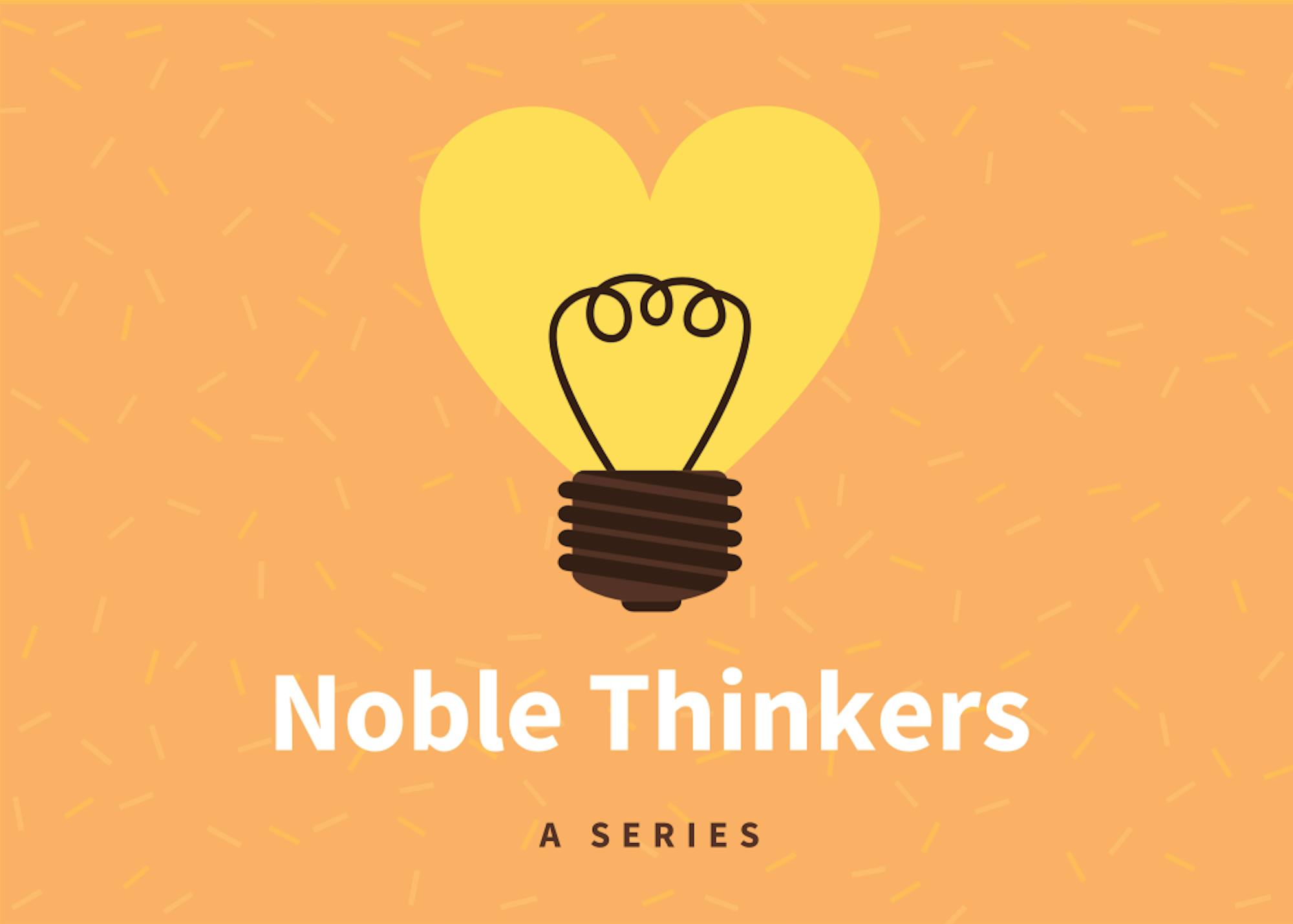This year’s Nobel Prize in Chemistry has been awarded to three pioneering scientists for their work in a remarkable new area of research. The award was given to Carolyn Bertozzi, Morten Meldal and K. Barry Sharpless. Bertozzi is the first openly gay woman to win a Nobel prize, and this is Sharpless’ second Nobel prize, which makes him one of five people to have won twice.
The Nobel Prize was awarded for innovations in click chemistry, a new type of chemical reaction that the creators describe as Lego-like because complex molecules can be made by simply linking together smaller pieces. Click chemistry reactions are reactions that are highly efficient and very specific,meaning the starting reactants won’t accidentally react with other compounds; they will only react to form the product. Additionally, the reaction must take place under simple conditions – usually meaning a neutral pH and in water, and the products must be easy to isolate. Since click chemistry was first introduced in the late 1990s, there have been hundreds of different click reactions discovered. They tend to be used in conjugation and are the process of adding a piece to an existing molecule.
Since click chemistry is a type of reaction, its applications are endless. Bertozzi applied click chemistry to cells, allowing scientists to study cells and the reactions that occur in them in a way they never have before. In studying a protein on cells’ surface that had previously been too complex to study, Bertozzi found that these proteins inhibit cells from attacking certain types of cancer, and a drug trying to address this is currently in clinical trials. Another important application for click chemistry is that it allows for the creation of molecules which have previously been too difficult to make. This has already led to the creation of new molecules such as antimicrobials, herbicides, synthetic DNA and diagnostic tests. This year’s Nobel Prize marks not only growing diversity in the field of chemistry, but also show promise for scientific innovation to come.






